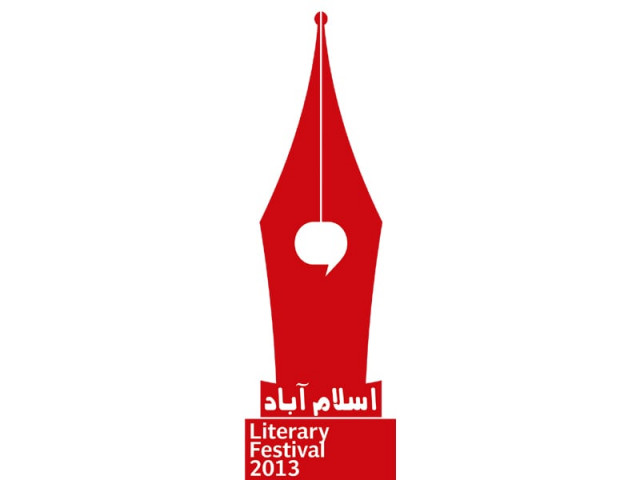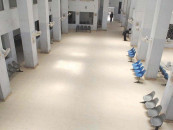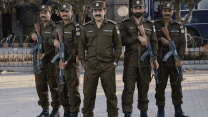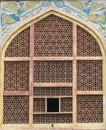With old classes, attempting Naya Pak
LUMS professor says too much stress on political parties may actually corrupt the revolution.

LUMS professor says too much stress on political parties may actually corrupt the revolution.
In the ‘purana’ (old) Pakistan, there were exponents of corruption other than politicians. Yes.
And surprisingly, the daily dose of embezzlements that are read about in newspapers may not even be the prime cause for the ills affecting society.
In a myth-busting extravaganza, left activist and LUMS professor Dr Taimur Rehman on Tuesday called for a rethink of the premise for a ‘Naya Pakistan’. “It begins with a dissection of the class system, the power it lends and control it authorises,” he said.
Rehman, in an afternoon session on “Class Structure” at the Islamabad Literature Festival, was scathing yet eloquent in the discussion that was based on his PhD thesis. The talk was moderated by Jinnah Institute Director Raza Rumi.
Addressing the youth revolutionaries of today, he explained that corruption was just a product of the class system.
“The politicisation of corruption was a notion created and fomented during the tenures of our country’s military regimes,” he said, adding, “for a generation that grew up under General Zia’s rule, ‘fighting the corrupt politicians’ is the tagline that politicians are even using nowadays to muster support against their colleagues.”
The Laal band vocalist and guitarist, who is also a member of the Communist Mazdoor Kissan Party, stated that corruption was perpetuated by the reified class structures. Trying to address the menace by changing the face at the top might simply result in an experience similar to the one Pakistan Peoples Party had in the 1970s, he added. The jagirdars and waderas would end up appropriating the anti-status quo sentiment for their own political gain.
“It is the same as Jamat-e-Islami leaders reciting Faiz or the gaddi nasheens (heirs to the spiritual seat) propagating Sufi ideals,” said Rumi, elucidating Dr Rehman’s point. Faiz’s progressive poetry was against religious oppression and Sufi thinkers condemned class domination that still prevailed in the subcontinent.
Referring to his earlier point, he said people were not an adequate barometer to gauge righteousness as they can be misled. “And misled they have been by the ruling classes,” Dr Rehman added.
Linking the missing dots after being prompted by a member of the audience, he said, “Yes, the army’s institution can be characterised as a class, perhaps the strongest one in the contemporary era.”
Earlier, the discussion began by spotlighting Dr Rehman’s research that was published in the form of a book titled “Class Structure in Pakistan” in 2012. When probed about the reasons for choosing the topic, the academic said most of the work analysing class system in the country had been conducted only till the 1980s. “Hamza Alavi’s seminal piece and a few others did cover it post-independence but there has been no academic in the last 20 to 30 years who has worked on the issue of class structure,” he said.
Addressing what he termed as a common misperception, Dr Rehman explained that Pakistan’s jagirdari was not comparable to feudalism in Europe. Explaining from a Marxist point of view, he said that the relationship of productive resources in both areas was different. “While the European model was based on serfdom where land was owned by the feudal, in Pakistan the jagirdaars were appointed by the king, who were just responsible for collecting taxes,” he said.
In Indo-Pak, this system followed by the 1793 Permanent Settlement Act of the British paved way for the classes to adopt the form they later took. Moreover, the capitalist system introduced by “state oppression created the trader classes which are now known as the Memons, Sheikhs and Chiniotis”.
However, with the upcoming elections in mind, the audience was more interested in toppling the status quo rather than learning about it.
The left activist stated that European models of the “revolution” aside, Pakistan being a former colony had different socio-economic dynamics. “A democratic revolution is required to change the class structure and that is what we should focus on,” he said.
By aimlessly targeting the “usual suspects,” chances of making a Naya Pakistan might be wasted, he concluded.
Published in The Express Tribune, May 1st, 2013.



















COMMENTS
Comments are moderated and generally will be posted if they are on-topic and not abusive.
For more information, please see our Comments FAQ